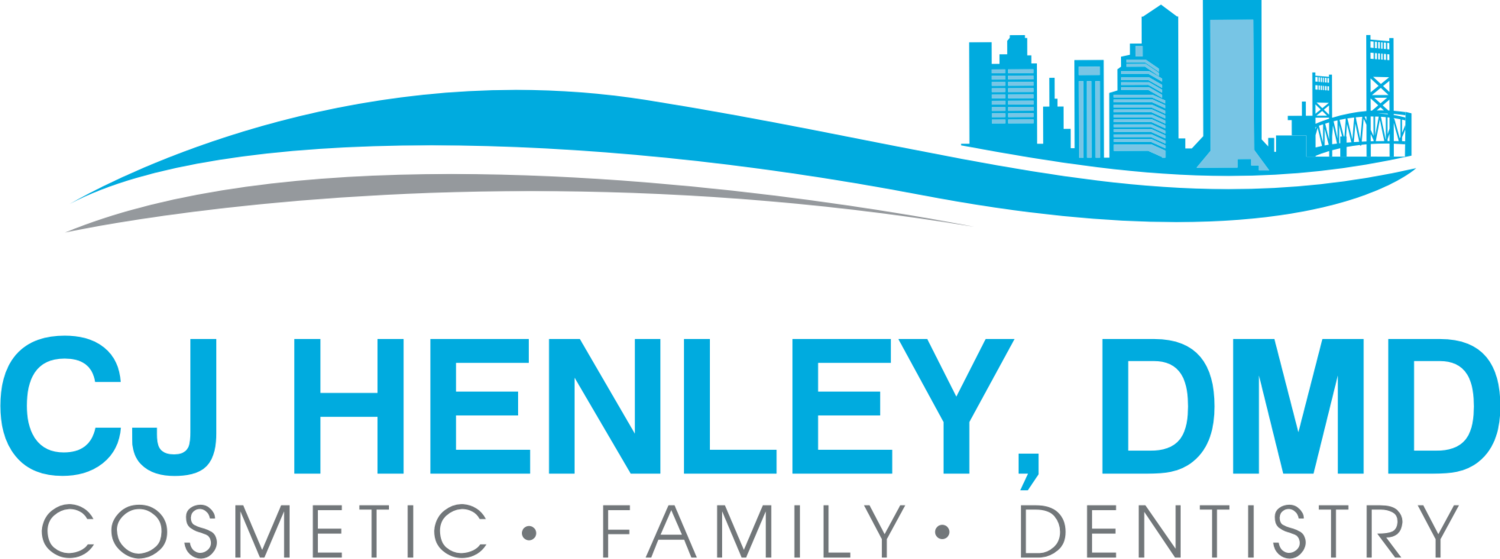Be a Part of FDA's New Mentorship Program
As Published in Today's FDA Vol. 28, No. 8
By: Dr. C.J. Henley
This month the Florida Dental Association is rolling out a ambitious new mentorship program. The program is aimed at helping dental students and new dentists gain practical and professional exposure to dentistry though experienced member dentists. In order for it to be successful, it will require the participation of experienced dentists willing to donate their time and expertise.
Because the landscape of our healthcare system is changing at a rapid pace, it is imperative that experienced dentists help foster a generation of clinicians that will not only protect our future and prosperity, but help provide our communities with the best that dentistry has to offer.
Sharing advice, experience and skills with a young protege gives us great personal satisfaction. However, mentoring is much more than that. The relationship offers other tangible benefits for mentors willing to contribute to the development of the next generation of dentists. Mentoring can:
- Enhance your own professional growth.
- Inspire new ideas. By stepping out of your normal circle of referrals and friends, you may find new inspiration.
- Challenge you to stay abreast of the latest technology. Younger dentists that have had exposure to newer techniques and technology may be the catalyst you need to incorporate new technology into your practice.
- Provide insight to your own actions. In our private offices, most of us do not question our own rational for our actions and treatment decisions on a regular basis. The question “Why?” from a protege can promote opportunity for internal reflection and thought.
- Increase the mentor's sense of self-worth.
- Foster a sense of community and collaboration
- Develop personal leadership.
- Leave a legacy.
- Invigorate passion in our careers. Mentors are less likely to “burn out” or plateau when compared to colleagues who are not mentors.
A study conducted in 2010 asked current mentors what they perceived as the benefits of being a mentor. The majority of respondents stated that being a mentor led to an increased interest in their career and increased reflections regarding their own values and work practices.
So much more goes in to practicing dentistry than simply practicing dentistry. Managing a staff, marketing your practice, navigating insurance plans, finding work-life balance, and accepting complications are all a part of what we do on a daily basis. Most of these lessons were never taught in dental school, but I think we would all agree they are critical to the success of our practices.
One aspect of dentistry that I find most challenging is the ability to understand that complications are part of what we do. As dentists, we are all perfectionists. We want to provide an ideal, functional and esthetic result on every patient every time. But we are human and part of being human is learning to cope with failures. A mentor of mine in dental school, Dr. Jim Green, always reminded me that “if you are not having complications, then you are not doing enough cases.” As dentists, we should always strive for perfection but accept excellence. It takes experience to understand that failures can and will happen in one’s career. A great mentor can help a new dentist both understand and accept this truth.
Philosophically, being a mentor is be an altruistic endeavor. It takes an investment of time and emotion. Being a mentor could provide you with a new and exciting challenge in nearly any stage in your career. Your legacy in dentistry just might be helping a new dentist start their profession. In summary, if you still need a reason to be a mentor, you’ll find it the moment you start.

